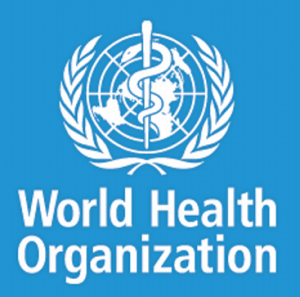AMR threatens the core of modern medicines – WHO
 Dr Nathan Bakyaita, World Health Organisation (WHO) Country Representative, Zambia, has stated that Antimicrobial Resistance (AMR) has threatened the core of modern medicines and sustainability of effective global health response to threat of infectious diseases.
Dr Nathan Bakyaita, World Health Organisation (WHO) Country Representative, Zambia, has stated that Antimicrobial Resistance (AMR) has threatened the core of modern medicines and sustainability of effective global health response to threat of infectious diseases.
According to him, continued and systematic inappropriate use of human medicines on food production had put nations at risk, yet they had few alternatives on the pipeline.
Dr Bakyaita stated this during the opening of a three-day workshop dubbed “Pan-Africa Workshop on Effective Implementation of National Action Plans on Antimicrobial Resistance” held in Lusaka, Zambia.
He therefore stated that without a harmonised and immediate action on a global scale, the world was heading towards a post antibiotic era in which common infections could again kill people, thereby, reversing the gains that were made over many years.
He noted that it was as a result of this crisis that in 2015, WHO adopted at the World Health Assembly, the global plan on AMR, which focused on five strategic objectives, first among which was to improve awareness and understanding of AMR for effective communication, education and training.
Others are to strengthen the knowledge and evidence-based through surveillance and research; reduce the incidence of infection through effective sanitation, hygiene and infection prevention measures; and to optimise the use of antimicrobial medicines both in human, animal and plant health.
To develop the economic purse for sustainable investment that take account of the needs of all countries while also increasing investment in new medicines, diagnostic tools, vaccines and other interventions that will help reduce this menace.
The WHO Country Representative to Zambia said he was glad that the elements were included in the plans for Zambia.
On the efforts of WHO in Zambia, Dr Bakyaita noted that it financed the country’s AMR situation analysis, supported the government in the Joint National Action Plan (NAP) and Monitoring Framework on AMR and also involved in national capacity building among others.
“There is so much work today and not one institution or individual can do all the work – so we are glad that we are working in partnership and the meeting we are having today is a clear reflection of that partnership”, he said.
The workshop was jointly organised by Zambia National Public Health Institute, Ministry of Health, Zambia and Centre for Science and Environment (CSE), India, and attended by participants from 11 countries including; Zambia and India.
The objective is to discuss the threat of AMR to humans, animals and the environment; its spread, and impact in Africa and to understand the implementation of the NAPs on AMR.
Source: GNA
